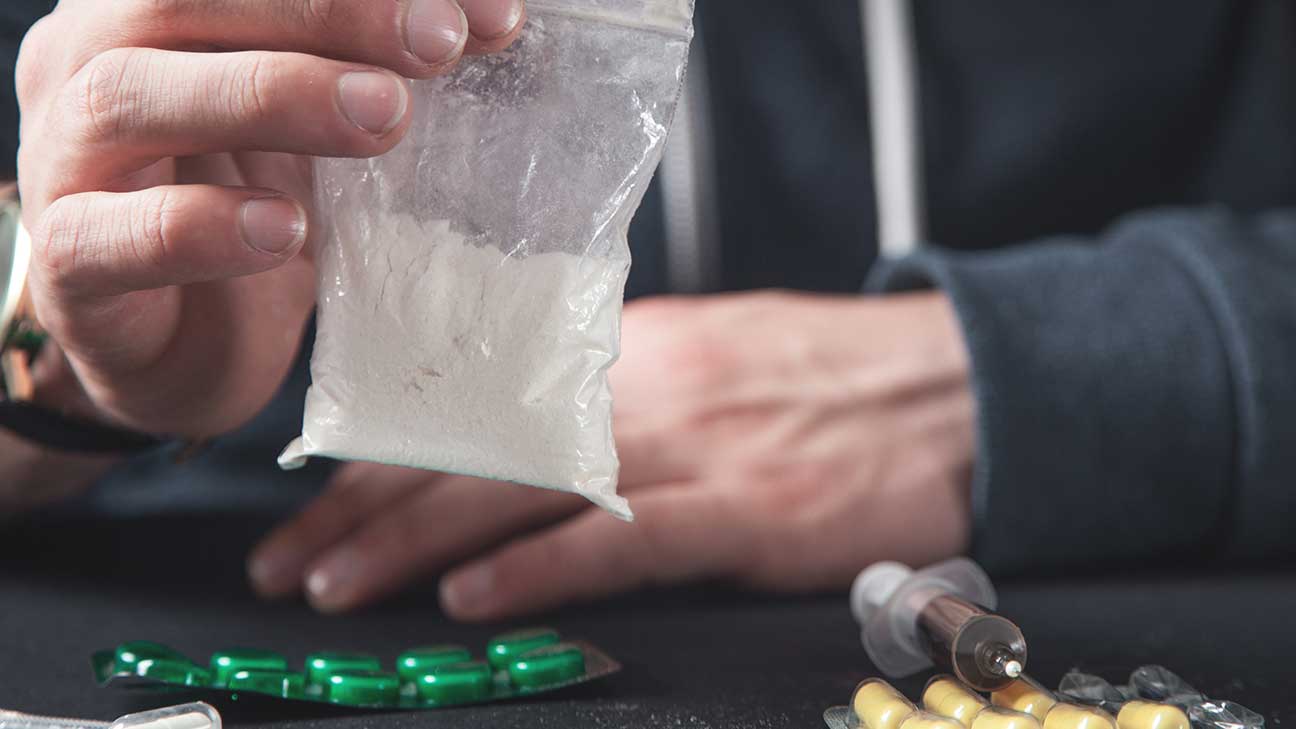
Both cocaine and Wellbutrin (bupropion) can have life-threatening and potentially fatal results when abused. Combining these substances only increases these health risks.
Wellbutrin is considered non-habit-forming, but some people do abuse it by crushing it and snorting it to produce a high similar to that of cocaine.
Learn more about the dangers of polydrug abuse.
The Effects Of Mixing Cocaine And Wellbutrin
An experimental clinical trial in 2001 studied the effects of cocaine prior to and during the use of bupropion.
Participants were given repeated cocaine doses at 0, 50, and 100 milligrams (mg) per 70 kilograms (kg), while being pretreated with 150 and 300 mg of bupropion per day.
The study found that, while bupropion enhanced some of the effects of cocaine, it didn’t produce significant changes to the subjective or cardiovascular affects of cocaine.
Risks Of Mixing Cocaine And Wellbutrin
While Wellbutrin has been used to treat patients with cocaine addictions, taking the two substances at the same time can be dangerous.
Enhanced Toxicity Of Both Substances
One case study of a 25-year-old woman investigated the simultaneous use of cocaine and bupropion.
The case study revealed the danger of synergistic (a combined effect greater than just one of the substances) cardiovascular and CNS toxicity from mixing cocaine and bupropion.
This increased toxicity can cause:
- seizures
- tachycardia, an abnormal heart rhythm of more than 100 beats per minute
- agitation
- hypertension, high blood pressure
Cardiovascular Problems
Bupropion and cocaine can both cause significant cardiovascular complications.
These include:
- increased blood pressure
- clamped blood vessels
- decreased oxygen flow in the blood
All of these cardiovascular issues can lead to serious effects including cardiac arrest, stroke, tissue damage, and death.
Increased Chance Of Seizures
If a person overdoses on one or both of these substances, seizures can occur. Cocaine reduces the body’s seizure threshold, and when used with Wellbutrin, the threshold continues to shrink.
In a case report published by the U.S. National Library of Medicine, researchers investigated the importance of bupropion relative to other drugs, including cocaine.
The study found that 17 out of 279 seizures involving bupropion were drug-related. In six of these cases, after cocaine intoxication seizures, bupropion was the third leading cause of drug-related seizures.
All of the people involved in this case were taking the recommended dose of bupropion. This indicates that there is no safe level of cocaine and bupropion that can mix.
Get Treatment For Drug Addiction Today
If you or a loved one are facing drug or alcohol addiction, you can find treatment today. Call us to learn more about taking your first step toward sobriety by getting professional help.
Addiction Resource aims to provide only the most current, accurate information in regards to addiction and addiction treatment, which means we only reference the most credible sources available.
These include peer-reviewed journals, government entities and academic institutions, and leaders in addiction healthcare and advocacy. Learn more about how we safeguard our content by viewing our editorial policy.
- Clinical and Experimental Emergency Medicine—Metoprolol treatment of dual cocaine and bupropion cardiovascular and central nervous system toxicity
https://www.ceemjournal.org/journal/view.php?number=164 - CTV News—Doctors warn of potentially fatal abuse of Wellbutrin antidepressant
https://www.ctvnews.ca/health/health-headlines/doctors-warn-of-potentially-fatal-abuse-of-wellbutrin-antidepressant-1.1383282 - U.S. National Library of Medicine: PubMed—Effects of cocaine prior to and during bupropion maintenance in cocaine-abusing volunteers
https://pubmed.ncbi.nlm.nih.gov/11376920/ - U.S. National Library of Medicine: PubMed—Bupropion seizure proportion among new-onset generalized seizures and drug related seizures presenting to an emergency department
https://pubmed.ncbi.nlm.nih.gov/11932084/


